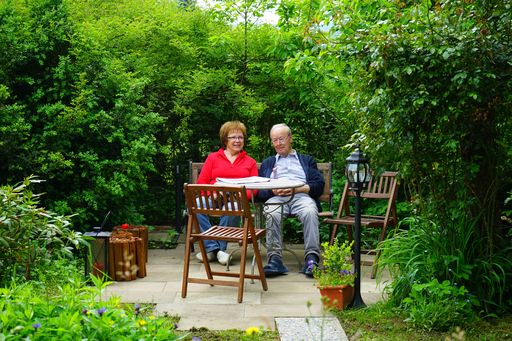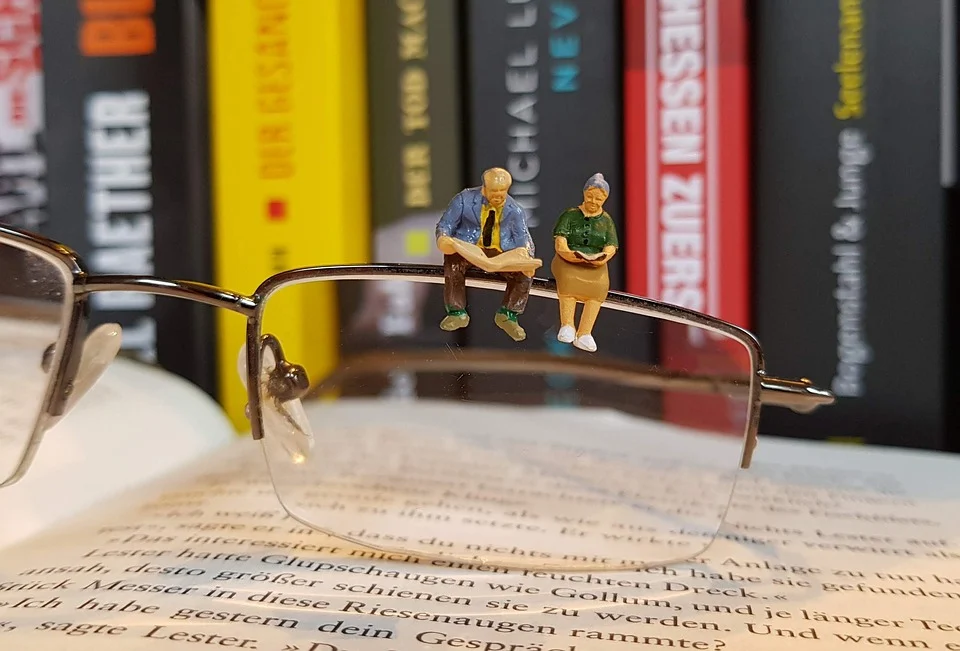
July 24th is National Self-Care Day. Self-care is an important aspect of living well, whether we are engaging in regular activities that keep us healthy, such as sleeping and feeding ourselves, or learning new skills that help us get through difficult times. For many people, mindfulness is an important component of self-care. Mindfulness is the practice of bringing our attention to the present moment. It is a state of being that can become part of any activity, such as walking, eating, or simply breathing.
Mindfulness involves noticing and accepting what we are experiencing in our minds, our physical bodies, and our environment. Noticing involves slowing down and allows us to be in touch with our current experience. Acceptance means that instead of fighting our current reality, we accept the thoughts, feelings, or experiences that we are having, knowing that they will pass. Being mindful does not require you to empty your mind or avoid distraction; rather, it allows you to notice thoughts, feelings, or sensations and approach them with curiosity rather than judgment. For example, one may notice the sensation of an upset stomach along with feeling overwhelmed. Judging or evaluating this observation may lead to focusing intensely on the feeling or ignoring the feeling in an effort to stop it. Acceptance does not stop the uncomfortable feelings, but recognizes its presence and helps us to engage in self-compassion instead of judgment.
Research shows that mindfulness can be beneficial in a variety of ways, including reducing stress, chronic pain, and symptoms of certain mental illnesses. It can also promote healthier relationships with ourselves and others.

The COVID-19 pandemic has caused disruption on some level for everyone. For many, this has been a time of significant stress, loss, and hardship. Practicing mindfulness can be especially helpful during this difficult time, as it can change the way that we relate to our thoughts and emotions. While mindfulness is not a quick fix for the stress of our current reality, it can allow us to create some space between past challenges and future worries.
The great thing about mindfulness is that anyone can begin to include aspects of it into their lives. Here are a few basic exercises to begin your practice:
• Settle in a comfortable position and notice what happens in your body as you inhale and exhale in a rhythm that is comfortable to you.
• Use your senses to describe what is happening in and around you – what are some things you see, hear, smell, or physically feel, such as your feet on the ground or the wind in the trees?
• Imagine yourself in a place that feels calming and peaceful – focus on the details of this space and what you notice.
• Take time to engage in your everyday activities in a mindful manner; from eating to walking.
A & O: Support Services for Older Adults incorporates mindfulness practice into various programs and encourage staff to include mindfulness in their self-care routines. For more information: contact A & O at 204-956-644

